Dhaka, Feb 06 (V7N) – Family members of those killed during the recent mass uprising have taken to the streets, staging a sit-in protest at Shahbagh intersection on Thursday morning to demand justice for their loved ones. The protest, which began at 11:30 am, has brought traffic in the area to a standstill, causing severe congestion on surrounding roads and paralyzing movement in one of Dhaka's busiest intersections.
Protesters Blame Interim Government for Delays
The protesters, consisting largely of grieving families and supporters, voiced their frustration over what they claim is the interim government's slow response in addressing the killings that occurred during the uprising. Despite the interim government being in power for over six months, the protesters allege that no visible progress has been made in bringing the perpetrators to justice.
"We will not leave Shahbagh until justice is served for every murder committed during the movement," declared one family member. Others echoed similar sentiments, accusing the government of delaying justice under the guise of ongoing investigations.
Calls for Harsh Punishments and Political Repercussions
During the protest, the demonstrators made bold demands, including the execution of former Prime Minister Sheikh Hasina, whom they hold responsible for the violence. They also called for the immediate declaration of the Awami League as an illegal political entity, blaming the party for the atrocities committed during the uprising.
Chants of “Justice for the Martyrs!” and “End Awami League’s Politics!” rang out across Shahbagh, reflecting the deep anger and frustration of those affected by the violence.
Traffic Chaos and Public Disruption
The occupation of Shahbagh intersection, a key artery in Dhaka's traffic network, has caused widespread disruption. Commuters have been forced to find alternative routes, leading to heavy traffic congestion on adjacent roads such as Elephant Road, Science Lab, and Banglamotor.
Local authorities have yet to release an official statement, but police presence in the area has reportedly increased, with officers monitoring the situation closely. So far, the protest has remained peaceful, but the tense atmosphere suggests the potential for escalation if the demonstrators' demands are not addressed.
A Growing Movement for Accountability
The Shahbagh protest reflects a growing wave of public dissatisfaction with the interim government's handling of the post-uprising justice process. Many fear that without swift and decisive action, the wounds of the uprising will continue to fester, potentially leading to further unrest.
As the demonstrators vow to hold their ground until justice is served, all eyes are now on how the interim authorities will respond to this mounting pressure. The coming days are likely to be crucial in determining whether peaceful resolution or further conflict lies ahead.
END/MSS/AJ



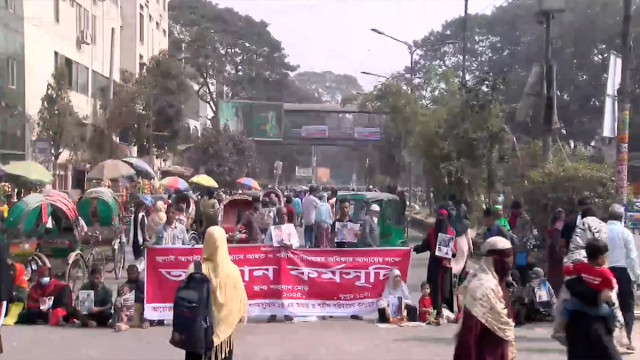

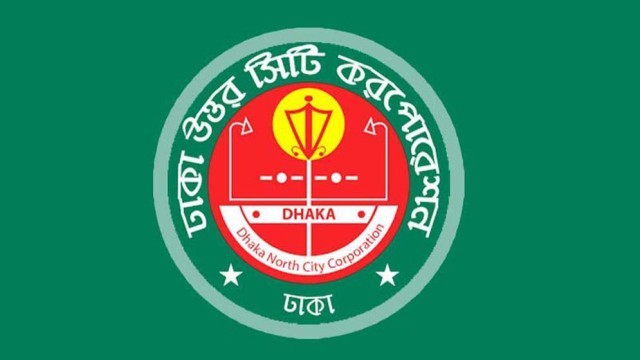
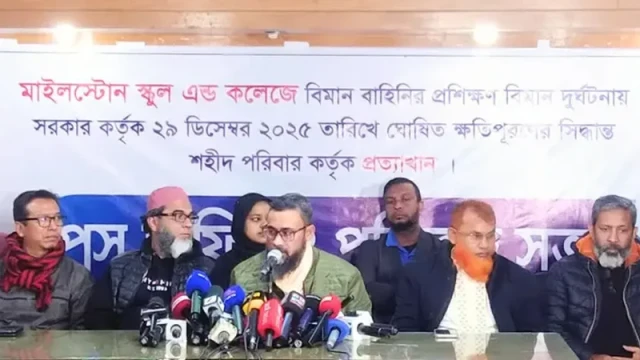
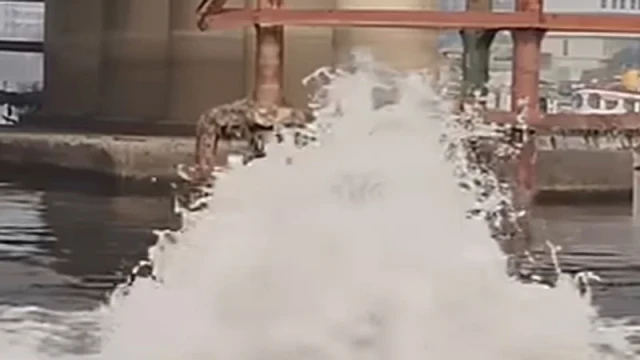
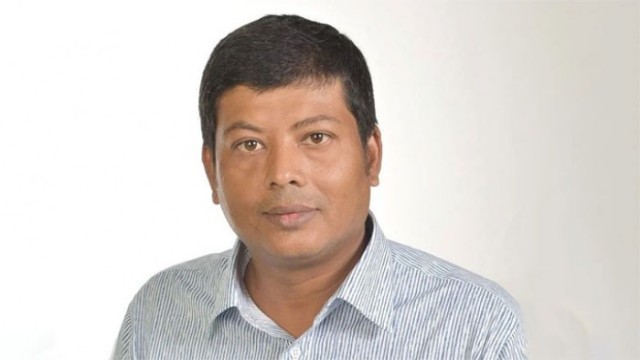
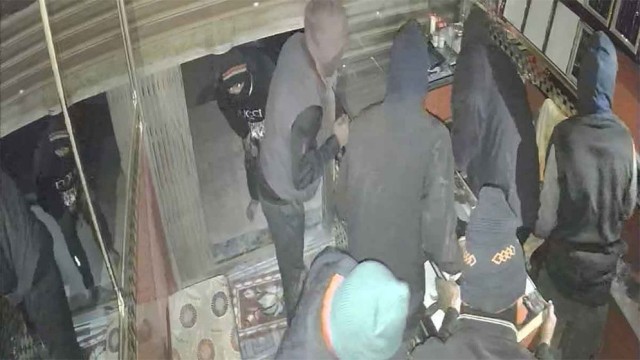
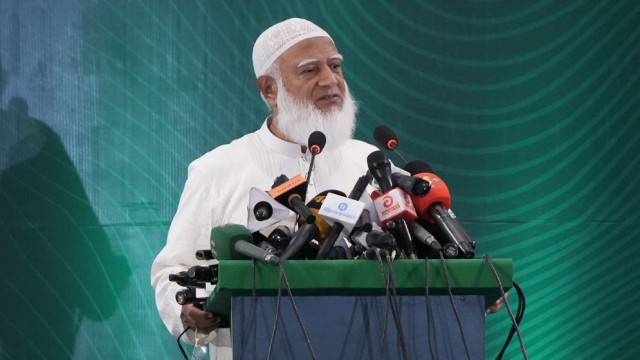
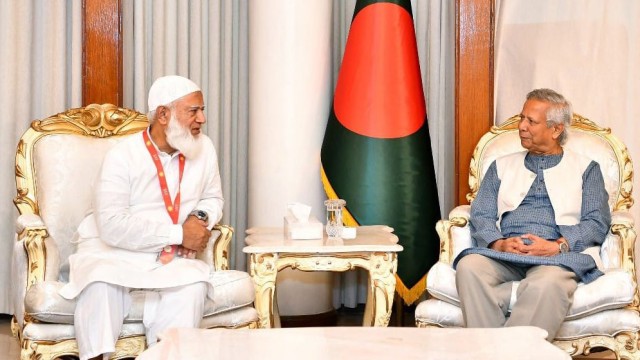
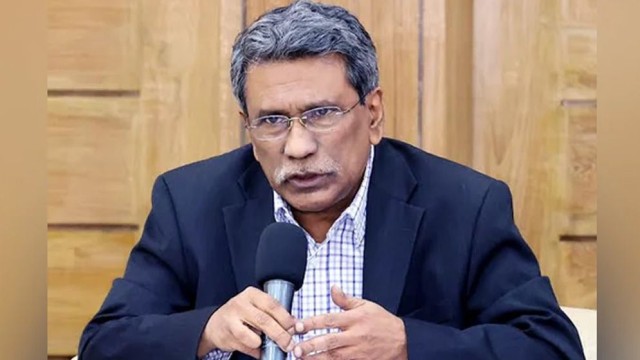
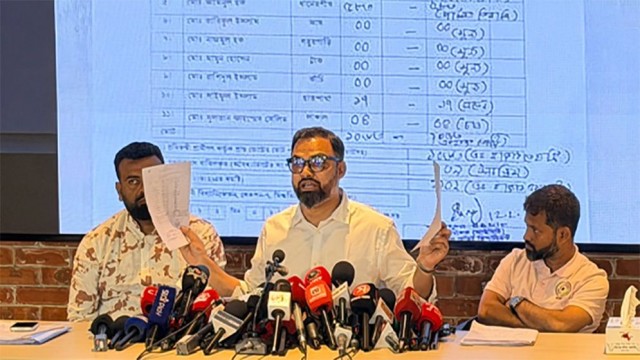
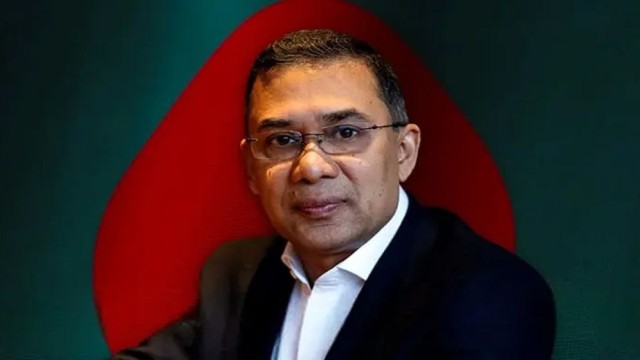
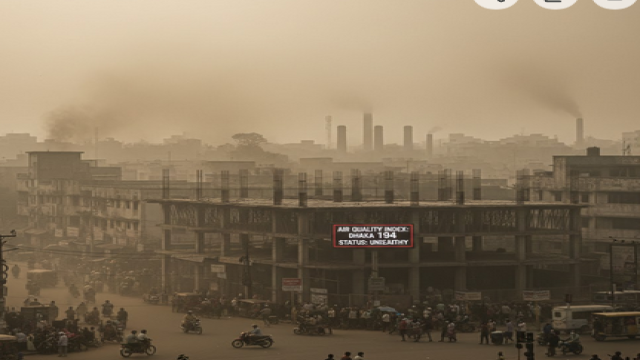

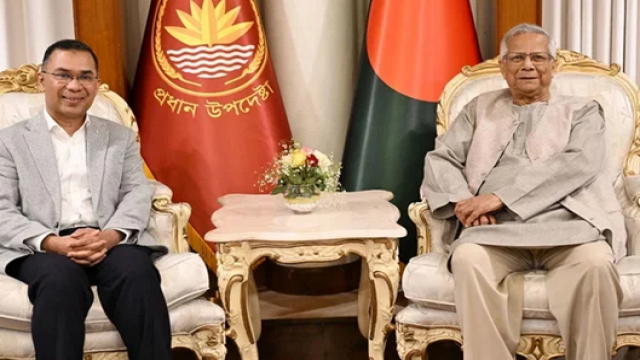
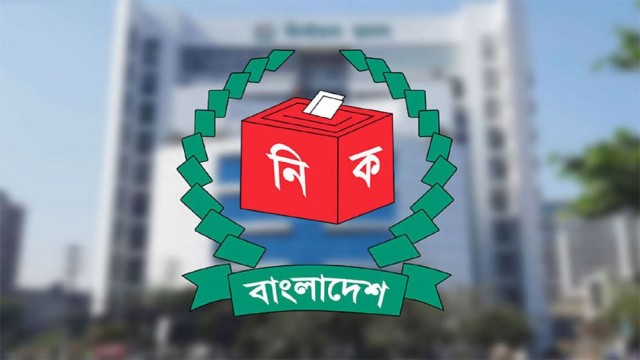
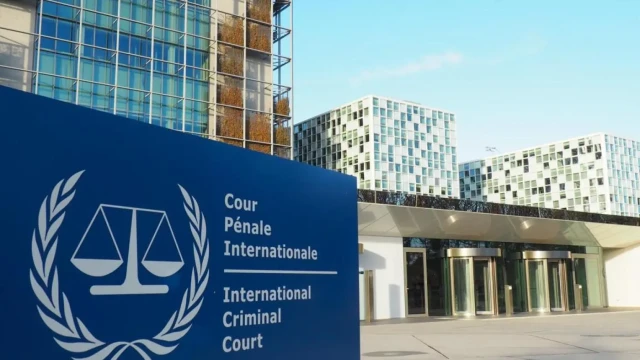











Comment: